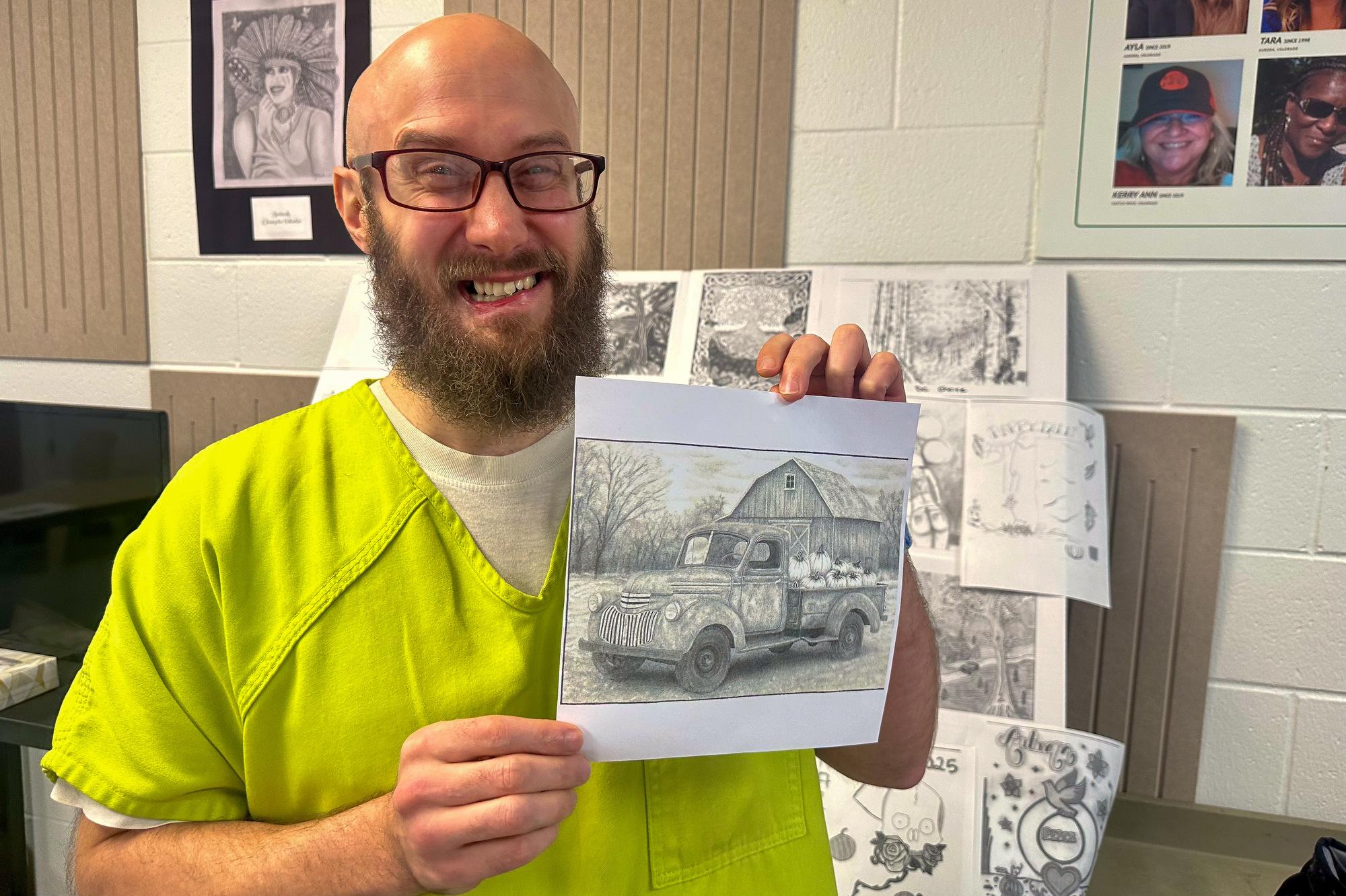
Lisa Gilford remembers the men following her to school.
The Denver woman was only 6 or 7 years old at the time, but Gilford still recalls how she and her brothers were tailed as they made their way down Bleecker Street to the Little Red Schoolhouse in Greenwich Village.
Gilford's parents were on the Hollywood Blacklist. The McCarthy-era probe accused actors, writers and directors of ties to the Communist Party, sidelining their careers and jailing a few. The men following Gilford were FBI agents.
Years later, the former Colorado film commissioner wants to share her parents' story. Together with her son, Gilford is preparing a documentary about their lives.
Gilford talked with Colorado Matters about her family's ordeal, and her unusual childhood.
Interview Highlights
On being the child of parents under watch by the government:
"I probably have a little of that PTSD going, because I haven’t really thought about it. When the doorbell would ring in the afternoon and I was home, my mother would scream from the other room, ‘Don’t answer it! But if you do, I’m the babysitter.’ Now, first of all, your mother’s just lied. And you know you’re not supposed to lie.
You didn’t know really what your parents had done that was wrong, because they’re your parents and you love them. But you kinda felt like a pariah in a situation that you didn’t know. And now I look back and say, ‘My God, the government of the United States went haywire!’"
On how the theater groups differed from film and TV ones:
"My father was able to work in the theater. (Actor’s Equity Association) as a union never blacklisted [in contrast to the Screen Actors Guild]. Equity had it in the contract, you could not blacklist. When they would picket my father, which they did for the Metropolitan Opera. Mr. Bing, who ran the opera, would come out and say, ‘We in the theater do not blacklist.’ My father was able, like a lot of people weren’t, to maintain his sense of decency and how he felt about himself. Because he didn’t make much money, but he always worked."
On seeing the culture of discrimination from the Red Scare era rise again:
"I don’t think I’d use the word bitter. But did they ever forget? No.
I think what (people today) should understand is we have a Constitution and we have a Bill of Rights. My parents did not want to overthrow this government. What they wanted was the political freedom to believe what they wanted to believe. At its essence, the blacklist was antisemitic and it was racist. To me, it’s starting to show its ugly head again.
Because every black performer was on there too. As my mother scrolled through the book that named all of them, she said, ‘Boy that’s a good book. I’m happy to be in that.’ Einstein was in that book. Talk about a cast!"
Answers edited and condensed for clarity.








